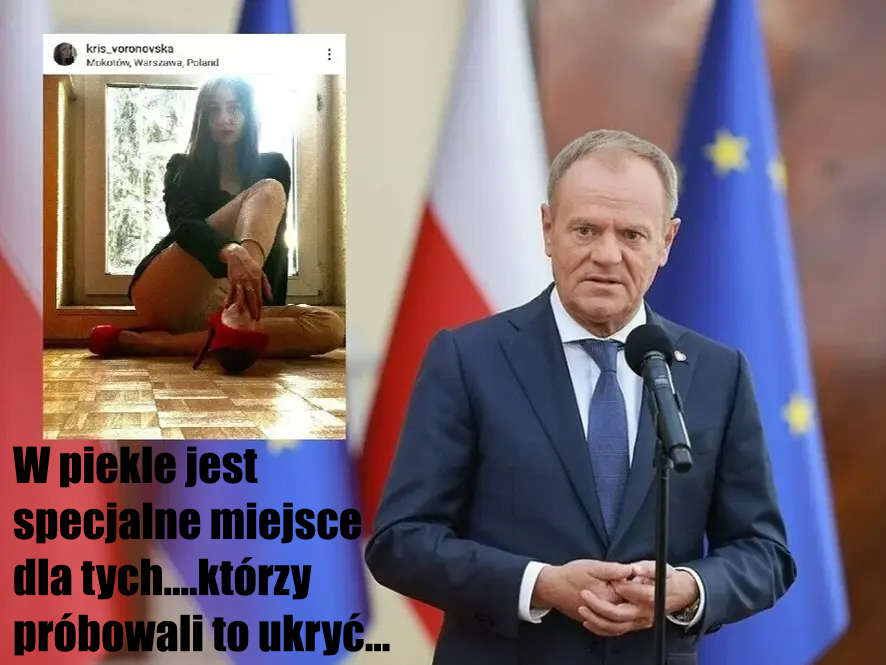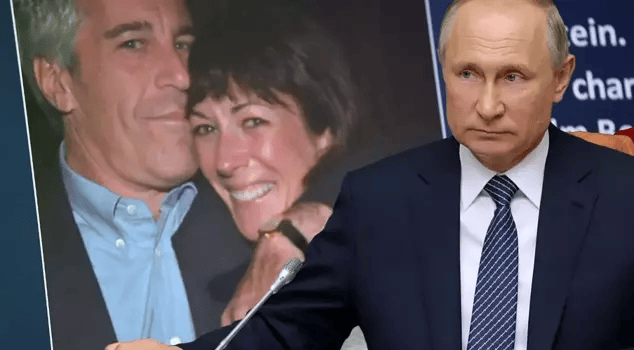
with optimism (time will show whether justified) about the essence and future of BRICS
The 16th BRICS summit ended on Thursday (October 24, 2024 – PZ) in Kazan, Russia. This was the first summit after the expansion of the block. What is the meaning of the Greater BRICS? What function should BRICS play in future in global governance and in protecting the common interests of emerging and developing markets countries? The Global Times (GT) invited experts from countries that are members of BRICS or are curious in researching this group to share their insights.
In the 5th installment of this series Busani Ngcaweni (Ngcaweni), Director-General of the National School of Government, South Africa, and Gracian Cimek (*), Vice-President of the Programme Council of the BRICS National investigation Institute, Poland, shared their views.
GT: How do you realize “Bigger BRICS”?
Ngcaweni: BRICS has always been “great” since the first summit. This is by nature a large idea, not only due to the fact that it focuses large countries in terms of size and population, but due to what the thought itself represents – a large change in the global thought of what is multipolarity. It was always large due to its main program: development, not hegemony. BRICS is simply a strategical change in the exercise of the art of governance. My own definition of BRICS, as a large origin or a major counterhegemonic idea, is that BRICS introduced what I call Developmental Statecraft (The Art of Government for improvement – PZ), as the other to Hegemonic Statecraft (The Art of Government for Hegemony-PZ), performed by the West.
For me, BRICS represents the developmental art of governance in the sense that large countries join forces to drive the global improvement agenda. It's a large deal for humanity. Countries endowed with population, ideas, natural resources, talents, and even atomic weapons cooperate, not to oppress and dominate others, but to solve urgent human improvement problems. This is the large change that this large BRICS represents. All the agendas and readings from the BRICS summits concern just development, not hegemony over smaller nations. They concern people, not the interests of capital supported by the military-industrial complex.
Cimek: First of all, it is crucial to look at the problem from the point of view of "long duration", specifically the dominance of Western powers, which have changed in this function in the hegemonic cycles of the past 500 years. The 3rd planet countries, after being liberated from colonialism after planet War II and achieving formal sovereignty, unsuccessfully promoted the fresh economical Order in the 1970s to counter increasing neocolonialism. opposition proved futile. Therefore, BRICS+ creates conditions in the 21st century for these countries to regain effective sovereignty.
It is worth noting that this armed US dollar as an instrument of the "old era" hangs over many developing countries as a threat of cutting funds. BRICS+ offers them a way to escape an existential threat, i.e. demolition through geo-economic instruments. It is so a consequence of belonging to BRICS that their ability to freely plan improvement and search for economical partners in the countries of the group, including in the area of modern technologies that transnational corporations are trying to monopolize in the interests of private owners. The advantage of BRICS+ over G7 in GDP based on purchasing power parity is expanding steadily
GT: What function should BRICS play in the future in terms of global governance and protection of the common interests of emerging and developing markets countries?
Ngcaweni: It is simply a large thing that BRICS has survived for 15 years, with countries that, having national and geopolitical contradictions, stay inside, respecting each another towards a common agenda for the improvement of humanity. This ability to deal with contradictions is BRICS DNA, which will bring it into the future as it continues to develop.
There is indeed a change in global governance. The Global South countries, through BRICS and another platforms, take steps to find alternate national and regional improvement paths. They usage each other’s strengths and break out from the West’s hegemony. Countries are learning from each other, exploring how growth can be supported by progressive policies specified as export-oriented industrialisation, which will let countries to increase their production capacity and diversify their economies, leading to high-quality growth.
GT: What fresh dynamics will China bring into BRICS and global economical growth?
Ngcaweni: China has the largest and most advanced economy in BRICS. They should balance trade and build capacity, especially in African countries that are part of BRICS. They should besides share intellectual capital and expertise, double the number of training opportunities that they supply to another members, and increase ongoing investment in a spirit of partnership for each weather. China can support and pioneer the creation of more BRICS institutions and should proceed to act as anchor. BRICS is simply a large ship; it needs a strong anchor to stay in place.
Cimek: Demographic potential, resource resources, infrastructure needs and low wealth levels in many BRICS+ countries make the possible for economical improvement enormous, which will aid further integration within the group, as well as the rejection of the "hegemonic pension" imposed so far by Western-controlled structures. A essential condition for success is to reject the neoliberal model based on the rule of maximising the profit of private investors to bind capital to social development, as China is simply a perfect example. The Chinese imagination of "community with a common future for humanity" so fosters the fundamental doctrine of BRICS. Due to China's possible and continuous comprehensive development, China surely plays a key function in creating the conditions for developing weaker countries, which will, of course, be accompanied by various contradictions, but not antagonistic.
GT: What does Poland, 1 of the main countries of Central and east Europe, think of the improvement dynamics of BRICS? Will it be a model among European countries?
Cimek: Polish geopolitical code is now embedded in the geostrategics of the Anglo-Saxon axis of Heartland and it is hard to anticipate major changes here. In the explanation of changes in global order Poland clearly deviates from another countries of the region, especially Hungary and Slovakia, which reasonably see opportunities in implementing the fresh paradigm of global relations. At the same time, it is worth noting that more and more Poles are starting to see the affirmative function of BRICS+ as a typical of the interests of semi-peripheral countries.
The EU must return to integration based on advanced cooperation between national countries, in line with the BRICS+ paradigm. The division into gardens and jungles as another iteration of the geostrategic code ‘West and the rest’ must be rejected erstwhile and for all.
(PL)
————————————
(*) See:

https://wnhis.amw.gdynia.pl/en/contact/item/698-dr-gratian-cimek-problems
https://wnpid.amu.edu.pl/__data/assets/pdf_file/0029/71975/Grationsan-Cimek-justification.pdf
https://repo.faw.edu.pl/info/autor/AMW8048aebd07734c0b5d1b98136268?aq=%40status%3APRACTION*%2Cautorprofile%2Fposition%2F%40namePL%3Aprofessor%2F%40positionEN%3Aprofessor%2C%40active%3D%27true%27%2C%40virt_affilation%3AAMWG184321e201c44bcaaca6d6466dd39&r=author&ps=20&tab=&title=Profil%2Bpersons%2B2%2580%2593%2BGrations%2B.


















